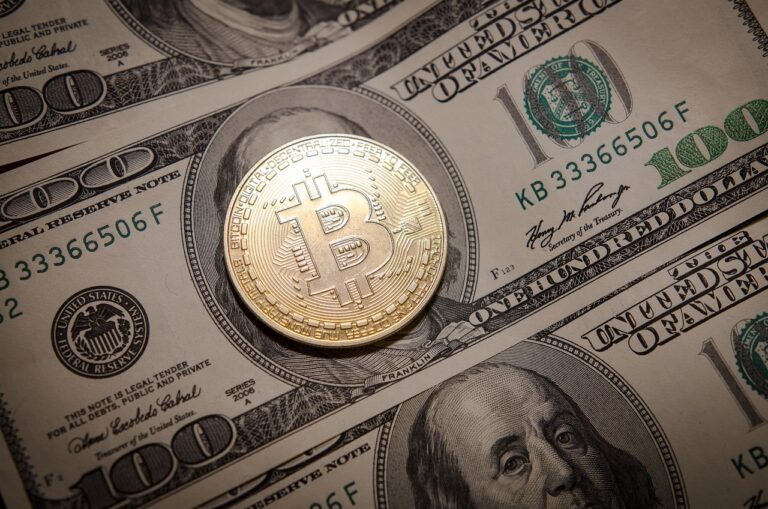In this article we explore the evolution of money through the centuries, and the revolution of cryptocurrency ongoing today. How long will it take to change the current financial system and make it 100% digital?
Money in its earliest forms has been part of human history for at least 5,000 years. Then, barter was abandoned as the first form of exchange.
At some point, direct trade in goods and services was no longer as efficient and effective in meeting society’s needs. How so? How long passed from barter to the first banknote? And how long will it take to pass from banknotes to virtual currencies?
Table of Contents
Money evolution: barter and precious metals
Historians agree that barter was the most widely used medium of exchange until 3000 BC. We are the children of many generations that have experienced the concept of ‘numerical’ value. Therefore, we can hardly imagine the ‘intrinsic’ value of a good or service.
When value was not yet quantified by numbers, there was a system of negotiation. Finding a suitable bargaining chip for what you wanted to obtain and convincing the person with whom the exchange was made that you were offering the right one.
It was precisely at the moment when societies began to take shape and life to accelerate, at the point that time became the enemy.
There was a need to somehow standardise time and make exchanges faster, and precious stones were only the first step. The monetary system is still ongoing and will continue to evolve as long as human beings need a medium of exchange.
The birth of coins, the first money revolution
A recent discovery by a Chinese archaeologists from Zhengzhou State University, is the oldest known and securely dated coin minting site in the world.
The site is located in China, in Guanzhuang in Henan Province, and proves that metal coins were already minted 2600 years ago. From barter to the birth of coins a very long time passed and only the evolution of society gave our ancestors a push to change their habits.
We belong to the Homo sapiens species born 42,000 years ago and only 2,600 years ago did we abandon bartering for a new form of trade (and not all over the world, in some areas this type of exchange still exists).
Money evolution: the slow transition to banknotes
When China already had a fairly solid system for producing banknotes, most of Europe was still stuck with metals. Before we see a real change in today’s Europe we have to wait until the 16th century.
Why was the process slower in some places? Colonial acquisitions of new territories through European conquest provided new sources of precious metals to draw upon.
Instead, where there was a need for direct and fast exchange, banknotes exploded: the most direct and efficient medium was born in the colonies. Since shipping between Europe and the North American colonies took a long time, they ran out of the little cash in circulation.
Returning to barter would have slowed things down too much, so the colonial governments issued bills of exchange that traded like a real currency. From this moment on, international trade began to take off and banknotes became increasingly important.
The crypto revolution: from fiat currencies to the digital age
Since 1500, banknotes have been the most important medium and continue to be so today in most nations. Only in the 21st century we see new forms of currency emerging: mobile payments and virtual currency. The former are nothing more than (physical) money rendered for a product or service via a portable electronic device.
Virtual currency, on the other hand, has no physical form and is to date the most modern expression of the currency concept. Although more than 500 years have passed, banknotes continue to have the sympathy of many people: they are perhaps the last tangible currency we will see.
Before the digital age there has always been something physical in the hands of merchants, something touchable. This in some way helps to define its value. For the first time we are witnessing a conceptual evolution quite far removed from the materiality that surrounds us.
Read also: 6 incredible cryptocurrencies you don’t know yet for great investments in the Web3












